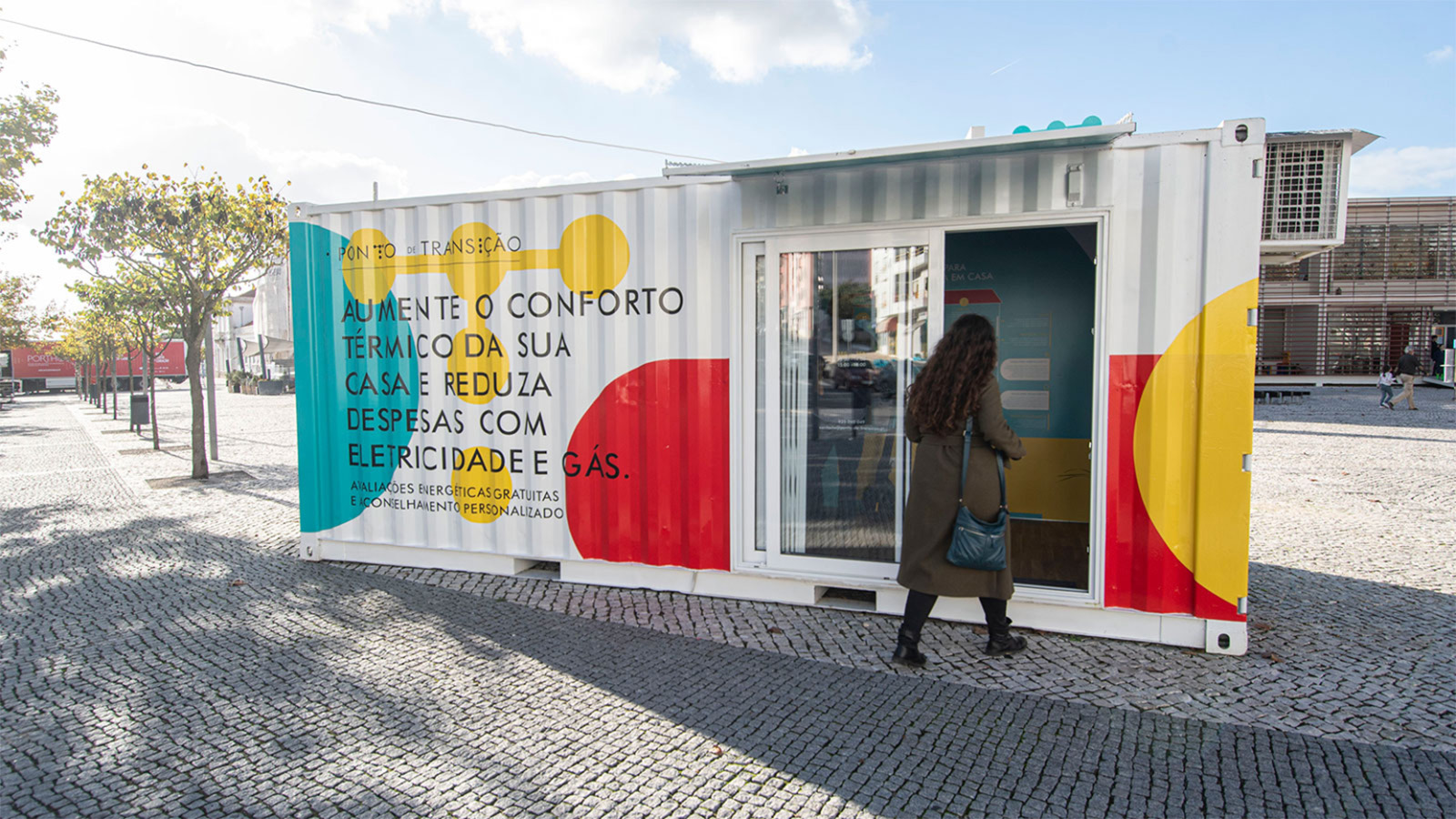Accelerating a Just Energy Transition

Energy poverty is a seen throughout Europe, but is particularly serious in Portugal. In 2022, around 1.7 million people in Portugal suffered from cold homes in winter, and more than a third of the population lived in homes that were too hot in the summer.
To combat this situation, the Calouste Gulbenkian Foundation, in partnership with the Arrábida Energy and Environment Agency (ENA), the Environment and Sustainability Research Center (CENSE) of FCT – NOVA University Lisbon and the Association of Energy and Environment Agencies (RNAE), and in collaboration with several municipalities, created Transition Point, a local response pilot project to mitigate energy poverty.
The results of the project, now published, provide valuable advice for organisations, researchers and governments in Portugal and abroad who are working on energy issues, just transition or other community-facing approaches tackling the impacts of climate change.
One-stop shop for energy well-being
Between 2022 and 2023, Transition Point provided a ‘one-stop shop’ of services to the local population, operating from a reused shipping container in the Setúbal region of Portugal. Services included advice on electricity and gas consumption and bills, information for home energy efficiency, free energy assessments and support applying for various existing grants.
During the 14 months in which the pilot project ran, it became clear that the most vulnerable families face the highest risk of energy poverty, and need specialised, local support to avoid them being left behind in the transition to a more sustainable future.
This pilot, promoted by the Gulbenkian Foundation, has since been identified as an example of good practice in the National Long-Term Strategy to Combat Energy Poverty 2023-2050.
The project is now being replicated in new locations, with funding from the private sector and the European Commission, to scale and deliver further impact to more communities.
